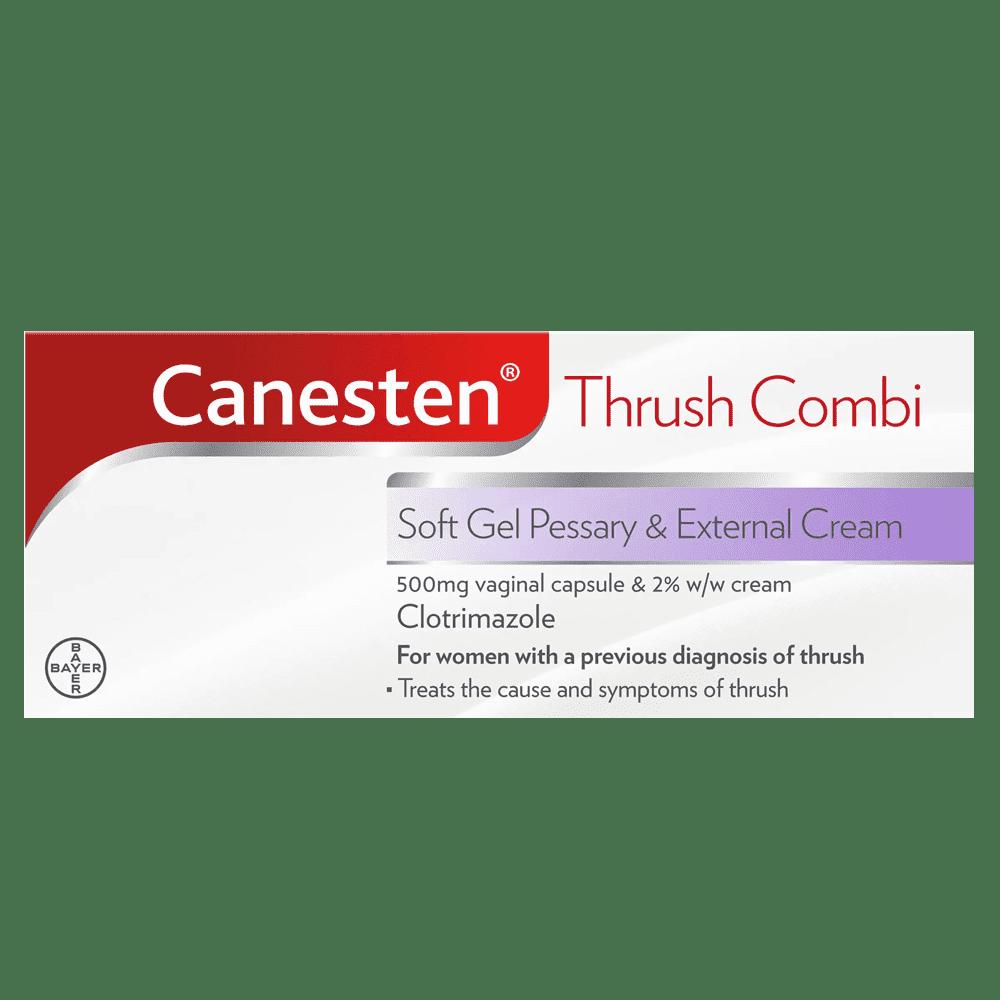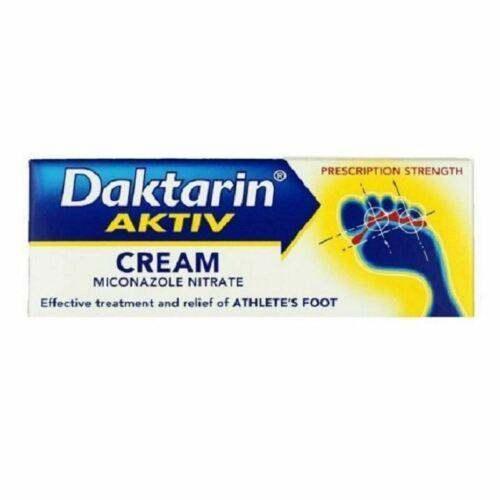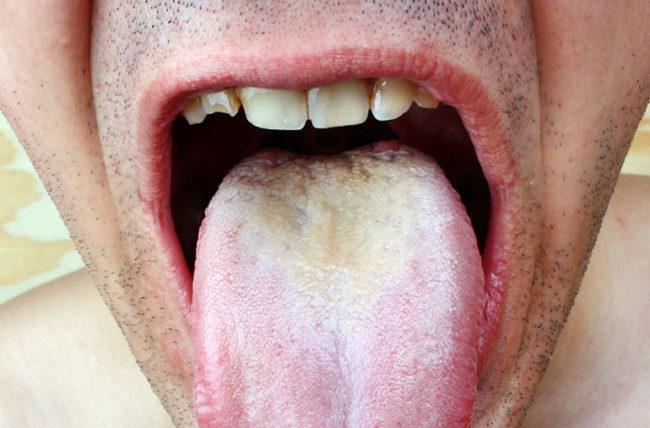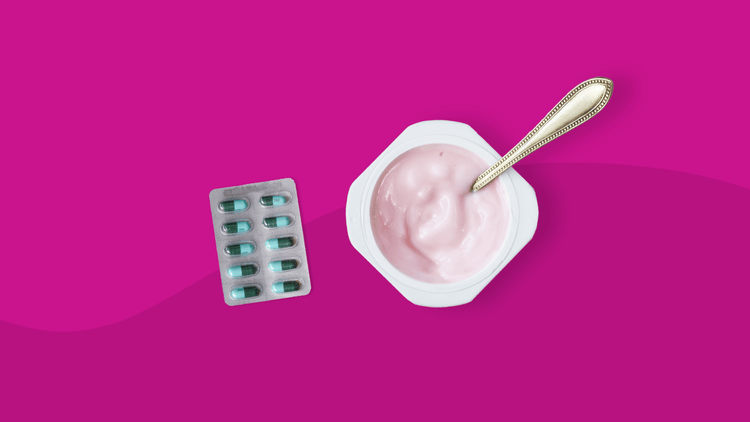
 Instagram
Instagram
Does Thrush go Away on Its Own?

Related products
What is thrush?
Thrush, also known as candidiasis or a yeast infection, is a common fungal infection caused by an overgrowth of Candida species, primarily Candida albicans. This fungus normally exists in small amounts on the skin, in the mouth, and in the vagina, but when an imbalance occurs, it can proliferate and cause an infection. In this article, we will discuss whether thrush goes away on its own, the duration of thrush, and various treatment options for relieving symptoms.Does thrush go away on its own?
While mild cases of thrush may resolve on their own without treatment, it is generally not advised to wait for spontaneous resolution. Untreated thrush can lead to more severe or persistent symptoms, increasing the risk of complications and spreading the infection to sexual partners. For this reason, it is essential to seek medical advice and treatment if you suspect you have thrush.How long does thrush last?
Duration of thrush with and without treatment
The duration of thrush can vary depending on the severity of the infection and the individual's immune system. With appropriate treatment, such as antifungal medications, most cases of thrush can be cleared within a week to ten days. However, untreated thrush may persist for several weeks or even longer, especially in individuals with weakened immune systems. It is crucial to seek treatment to reduce the duration of the infection and prevent complications.Factors that may affect the duration of thrush
Several factors can influence how long thrush lasts, including the individual's overall health, immune system function, and the presence of underlying medical conditions, such as diabetes or HIV. Additionally, certain lifestyle factors, like poor hygiene, tight or synthetic clothing, and excessive antibiotic use, can contribute to the persistence of thrush infections.How to soothe thrush itching
Home remedies for relieving itching
To soothe thrush itching at home, consider the following remedies: Apply cold compresses: Gently applying a cold compress to the affected area can help alleviate itching and inflammation. Use unscented, gentle soaps: Avoid using harsh or scented soaps, as they can further irritate the skin. Wear loose, breathable clothing: Opt for loose-fitting, breathable clothing made from natural fibres, like cotton or linen, to prevent moisture and irritation. Avoid scratching: Resist the urge to scratch, as this can worsen symptoms and increase the risk of infection. It is essential to note that home remedies may provide temporary relief but do not address the underlying cause of the infection. Consulting a healthcare professional for appropriate treatment is crucial.Over-the-counter treatments
Over-the-counter antifungal creams, ointments, or suppositories can help alleviate itching and treat the infection. Some commonly used antifungal medications include clotrimazole, miconazole, and tioconazole. Always follow the instructions provided and consult a pharmacist or healthcare professional if you have any concerns.When to consult a healthcare professional
If home remedies and over-the-counter treatments do not provide relief or if symptoms worsen, it is important to consult a healthcare professional. They can accurately diagnose the cause of the symptoms and prescribe appropriate treatment, such as oral antifungal medications or alternative therapies.of thrush, you can refer to reputable medical websites or consult a healthcare professional for a visual representation of female thrush symptoms. Keep in mind that self-diagnosing based on images alone is not recommended, as symptoms may resemble other conditions, such as bacterial vaginosis or sexually transmitted infections.Importance of accurate diagnosis
Accurate diagnosis is essential to ensure the correct treatment is administered. A healthcare professional can perform a physical examination and may take a sample of the discharge to confirm the presence of Candida. This is particularly important for individuals experiencing recurrent or persistent symptoms, as other underlying conditions or infections may be present.Immediate thrush relief
A. Over-the-counter treatments
Over-the-counter antifungal medications can provide immediate relief from thrush symptoms. Creams, ointments, or suppositories containing clotrimazole, miconazole, or tioconazole can help alleviate itching and treat the infection. Always follow the instructions provided and consult a pharmacist or healthcare professional if you have any concerns.B. Natural remedies for relief
Natural remedies, such as plain, unsweetened yoghurt or apple cider vinegar, may provide temporary relief from thrush symptoms. However, their effectiveness has not been scientifically proven, and they should not replace medical treatment. Always consult a healthcare professional before trying any alternative therapies.C. Medical interventions for severe cases
In severe or persistent cases of thrush, a healthcare professional may prescribe stronger antifungal medications, such as fluconazole. These medications may be taken orally or applied topically, depending on the severity of the infection and the individual's medical history.Can you have thrush without discharge?
A. Variability of thrush symptoms
Thrush symptoms can vary from person to person, and it is possible to have thrush without noticeable discharge. Other symptoms of thrush may include itching, redness, swelling, and discomfort during urination or sexual intercourse. If you suspect you have thrush, it is important to consult a healthcare professional for an accurate diagnosis.B. Other indicators of thrush besides discharge
In the absence of discharge, healthcare professionals may rely on other indicators of thrush, such as the presence of characteristic white patches on the vulva or in the vagina. A sample of these patches may be taken for laboratory analysis to confirm the presence of Candida.C. Importance of accurate diagnosis
Accurate diagnosis is essential to ensure the correct treatment is administered. A healthcare professional can perform a physical examination and may take a sample of the discharge or affected tissue to confirm the presence of Candida. This is particularly important for individuals experiencing recurrent or persistent symptoms, as other underlying conditions or infections may be present.
Why do I keep getting thrush?
A. Recurrent thrush: possible causes
There are several factors that may contribute to recurrent thrush, including: Weakened immune system: Individuals with a compromised immune system may be more susceptible to recurrent thrush infections. Diabetes: Uncontrolled blood sugar levels can create a favourable environment for Candida growth, leading to recurrent infections. Antibiotic use: Prolonged or frequent antibiotic use can disrupt the balance of good and bad bacteria, allowing Candida to thrive. Hormonal imbalances: Changes in hormone levels, such as during pregnancy or while using hormonal contraceptives, can increase the risk of recurrent thrush.B. Preventing recurrent thrush
To prevent recurrent thrush, consider the following strategies: Maintain good personal hygiene: Keeping the genital area clean and dry can help prevent the growth of Candida. Choose breathable underwear: Opt for underwear made from natural fibres like cotton, which can help prevent moisture build-up. Avoid douching: Douching can disrupt the balance of good and bad bacteria, increasing the risk of thrush. Manage underlying medical conditions: Properly managing conditions like diabetes can help reduce the risk of recurrent thrush. Consult a healthcare professional: If you experience recurrent thrush, consult a healthcare professional to discuss potential causes and treatment options.What causes vaginal thrush?
A. Factors contributing to vaginal thrush
Vaginal thrush is caused by an overgrowth of Candida species, primarily Candida albicans. Factors that may contribute to vaginal thrush include: Weakened immune system: A compromised immune system may increase the risk of developing thrush. Antibiotic use: Antibiotics can disrupt the balance of good and bad bacteria, allowing Candida to proliferate. Hormonal changes: Fluctuations in hormone levels, such as during pregnancy or while using hormonal contraceptives, can increase the risk of thrush. Diabetes: Uncontrolled blood sugar levels can create a favourable environment for Candida growth. Poor personal hygiene: Not maintaining proper hygiene in the genital area can increase the risk of thrush.B. Prevention of vaginal thrush
To prevent vaginal thrush, consider the following strategies: Maintain good personal hygiene: Keep the genital area clean and dry to help prevent the growth of Candida. Wear breathable underwear: Choose underwear made from natural fibres, like cotton, which can help prevent moisture build-up. Avoid douching and scented products: Douching and using scented soaps or feminine hygiene products can disrupt the balance of good and bad bacteria, increasing the risk of thrush. Manage underlying medical conditions: Properly managing conditions like diabetes can help reduce the risk of thrush.How do you get thrush?
A. Causes of thrush
Thrush is caused by an overgrowth of Candida species, primarily Candida albicans. This fungus is usually present in small amounts on the skin, in the mouth, and in the vagina. However, when an imbalance occurs, Candida can proliferate and cause an infection.B. Factors that increase the risk of thrush
Several factors can increase the risk of thrush, including: Weakened immune system Prolonged or frequent antibiotic use Hormonal changes, such as during pregnancy or while using hormonal contraceptives Diabetes and uncontrolled blood sugar levels Poor personal hygiene Wearing tight, non-breathable clothing Using scented soaps, shower gels, or feminine hygiene products
C. Reducing the risk of developing thrush
To reduce the risk of developing thrush, consider the following: Maintain good personal hygiene: Keep the genital area clean and dry, and avoid using scented soaps or shower gels. Choose breathable clothing and underwear: Opt for loose-fitting, breathable clothing and underwear made from natural fibres like cotton to help prevent moisture build-up. Avoid douching: Douching can disrupt the balance of good and bad bacteria in the vagina, increasing the risk of thrush. Manage underlying medical conditions: Properly managing conditions like diabetes can help reduce the risk of thrush. Consult a healthcare professional: If you experience recurrent or persistent thrush, consult a healthcare professional to discuss potential causes and treatment options.
Conclusion
Understanding the connection between various factors, such as stress, hormones, and medical conditions, and the development of thrush is crucial for prevention and effective treatment. By maintaining good personal hygiene, wearing breathable clothing, and managing underlying medical conditions, individuals can reduce their risk of developing thrush. Furthermore, it is essential to consult a healthcare professional if you experience recurrent or persistent symptoms to ensure proper diagnosis and treatment.
Related Thrush and Fungal Treatments
- Buy Daktarin Cream
- Buy Daktarin Gel
- Buy Vagisil Creme
- Buy Canesten cream
- Buy Fluconazole
- Buy Canesten Combi Creme
- Buy Canesten Thrush Pack
- Buy Gyno-daktarin
- Buy clotrimazole
- Buy Canesten Thrush Duo
- Buy Diflucan
- Buy Scholl Fungal Treatment
- Buy Lamisil
- Buy Curanail
- Buy amorolfine
Thush Related Articles
- How to get rid of thrush quickly
- Immediate thrush relief
- Why do I keep getting thrush?
- How to treat thrush in women
- Thrush on the tongue
- Thrush and diabetes
- Thrush and antibiotics
- Can stress cause thrush?
- Does thrush go away on its own?
- How to soothe thrush itching
- How long does it take to get rid of thrush?
- How to treat thrush in men?
- Thrush in babies
- Thrush and the elderly
- Is thrush an STI?
- Angular Cheilitis
- Vaginal thrush
- Thrush and HIV
- Best diet for candida
- Probiotics for thrush
- Thrush in animals
- Thrush and sexual health
- Thrush and the immune system
- Econazole
- Thrush pictures in females
- Nystatin for oral thrush
- Research advancements in thrush treatment
- Chronic yeast infections
- Can thrush cause bleeding?
- Esophageal thrush
- Natural thrush remedies
- Breastfeeding thrush
- Nipple Thrush
- Is thrush contagious?
- Penile Thrush
- Recurring Thrush
- White Tongue: Causes, Treatments & Prevention
- Gentian Violet
















 Rated Excellent by 26,523+ Reviews
Rated Excellent by 26,523+ Reviews